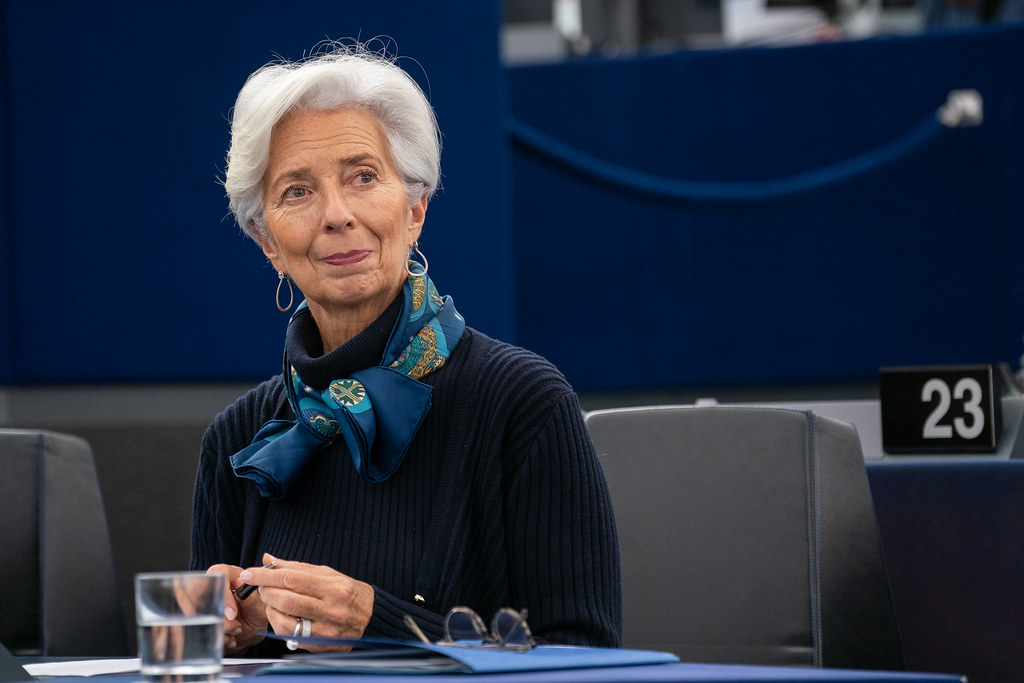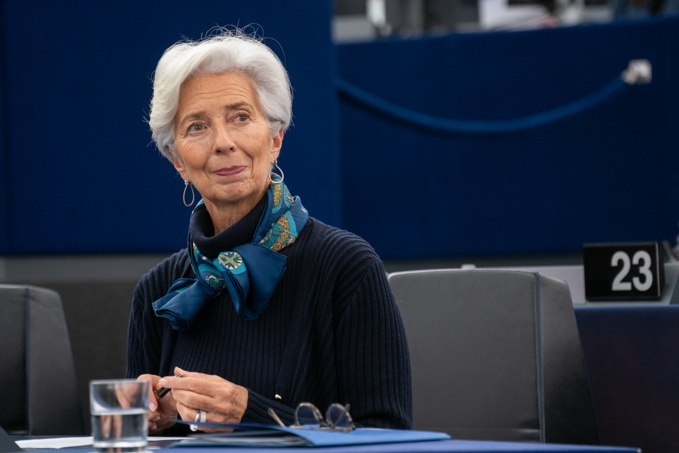At the same time, the authority will expand asset purchases under the baseline program to €40 billion per month in the second quarter and €30 billion in the third quarter of 2022. Experts refer to the ECB's shift in policy as "soft tightening," since, like the US Federal Reserve and the Bank of England (the latter of which hiked its rate for the first time since the pandemic began), it has begun to consider inflation risks.
The European Central Bank (ECB) has tweaked the quantitative easing parameters once more, lowering the volume of asset purchases under the anti-crisis Pandemic Emergency Purchase Program (PEPP). The project is expected to be finished by the end of March 2022. The program's overall capacity was increased to €1.85 trillion a year ago, and the deadline was set for March 2022 in July 2021.
At the same time, the ECB extended the deadline for reinvesting proceeds from redeemable bonds under the PEPP until at least the end of 2024. Furthermore, the regulator would continue to buy assets under its primary program as it has in the past (asset purchase programme, APP). In the second quarter of 2022, the volume of buybacks will reach €40 billion per month, with €30 billion in the third quarter. From October 2022 onwards, the ECB will continue to buy back assets under the program for €20 billion every month, as it has done previously.
The primary program isn't anticipated to be concluded until just before the Federal Reserve starts raising interest rates.
They've been retained at zero for loans, minus 0.5 percent for deposits, and 0.25 percent for margin loans once again. Rates will not be hiked until the central bank is satisfied that inflation has hit 2% and is stabilizing in the medium term, albeit the potential of briefly surpassing the target cannot be ruled out.
source: ecb.europa.eu
The European Central Bank (ECB) has tweaked the quantitative easing parameters once more, lowering the volume of asset purchases under the anti-crisis Pandemic Emergency Purchase Program (PEPP). The project is expected to be finished by the end of March 2022. The program's overall capacity was increased to €1.85 trillion a year ago, and the deadline was set for March 2022 in July 2021.
At the same time, the ECB extended the deadline for reinvesting proceeds from redeemable bonds under the PEPP until at least the end of 2024. Furthermore, the regulator would continue to buy assets under its primary program as it has in the past (asset purchase programme, APP). In the second quarter of 2022, the volume of buybacks will reach €40 billion per month, with €30 billion in the third quarter. From October 2022 onwards, the ECB will continue to buy back assets under the program for €20 billion every month, as it has done previously.
The primary program isn't anticipated to be concluded until just before the Federal Reserve starts raising interest rates.
They've been retained at zero for loans, minus 0.5 percent for deposits, and 0.25 percent for margin loans once again. Rates will not be hiked until the central bank is satisfied that inflation has hit 2% and is stabilizing in the medium term, albeit the potential of briefly surpassing the target cannot be ruled out.
source: ecb.europa.eu



















